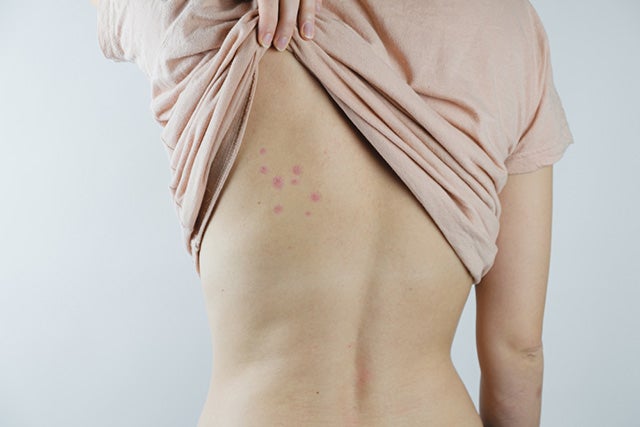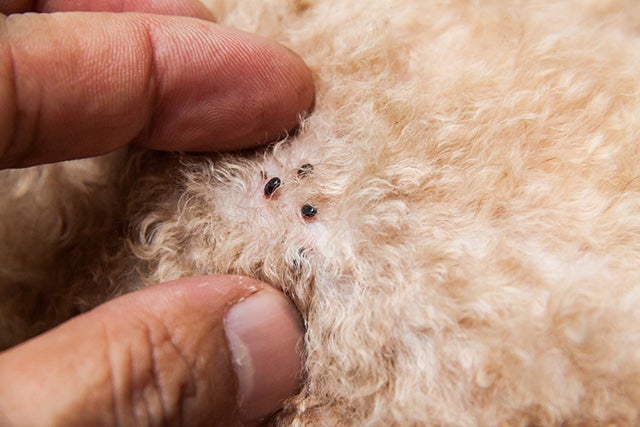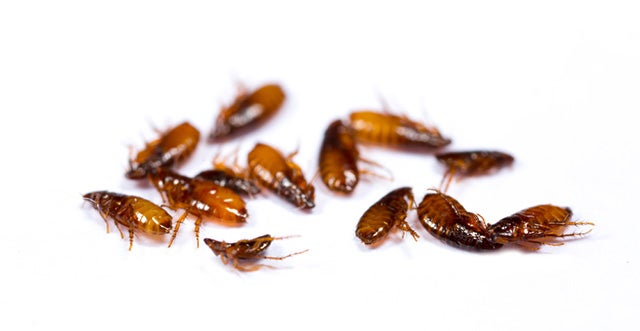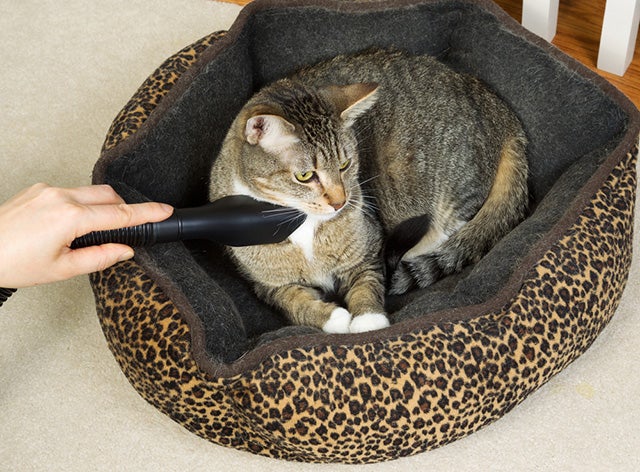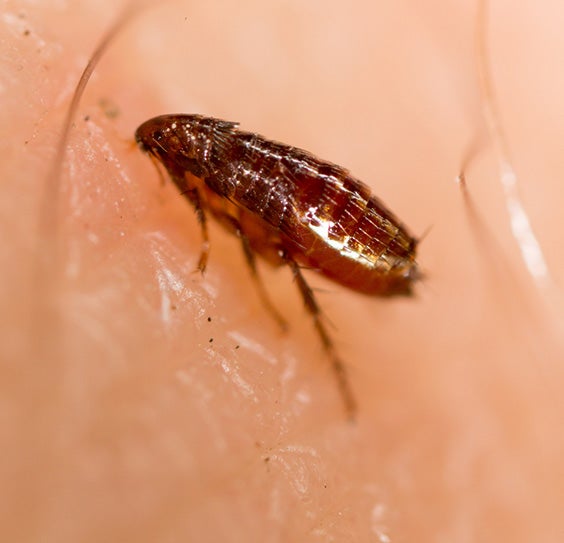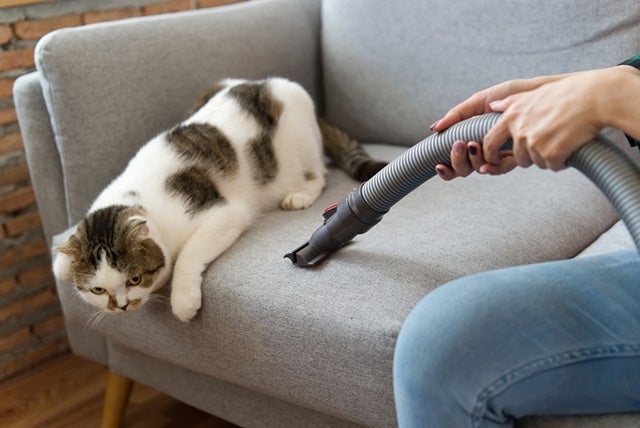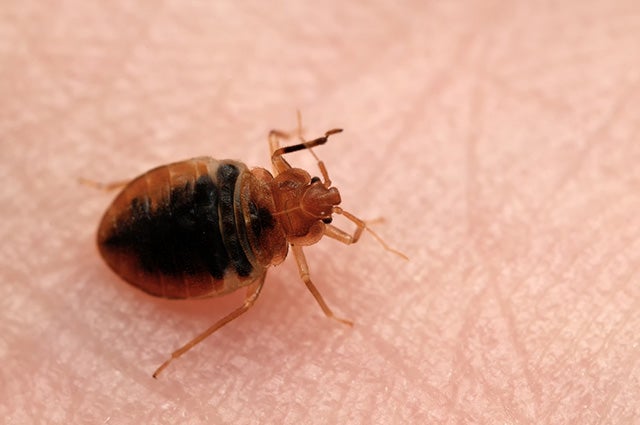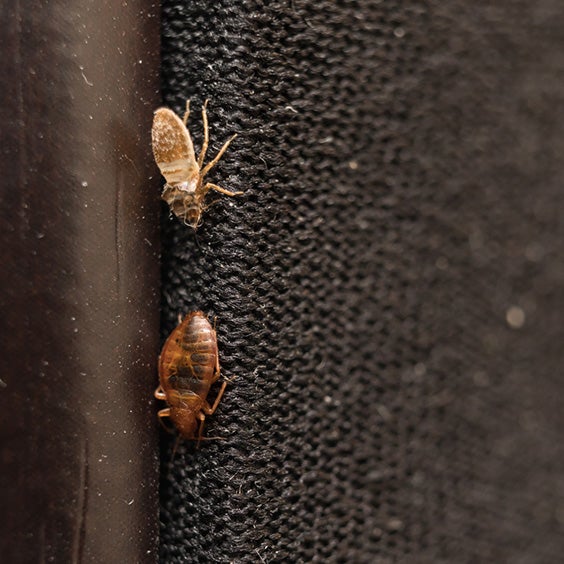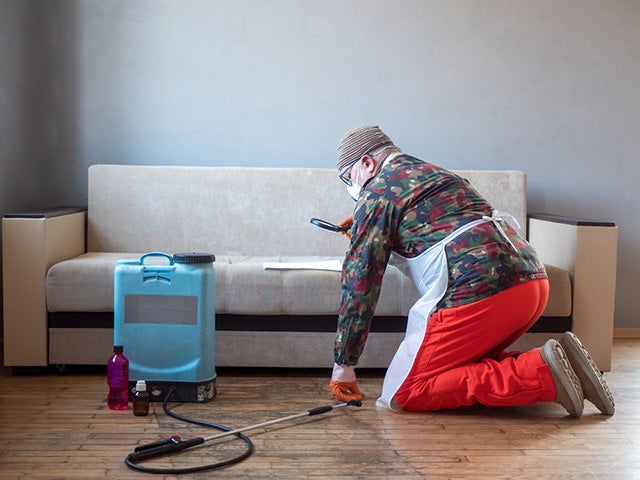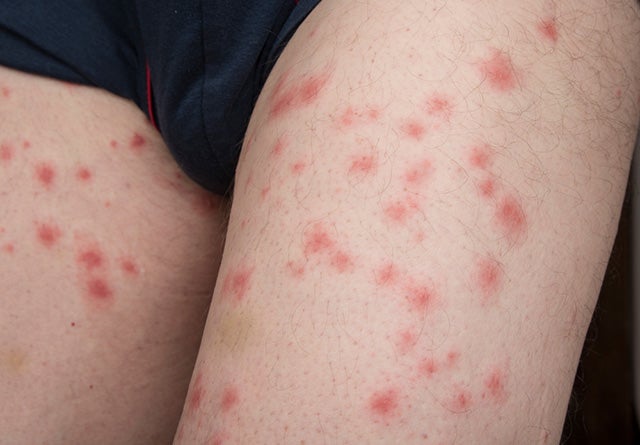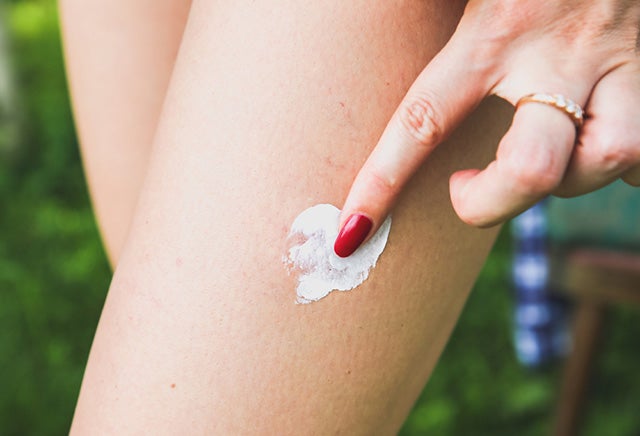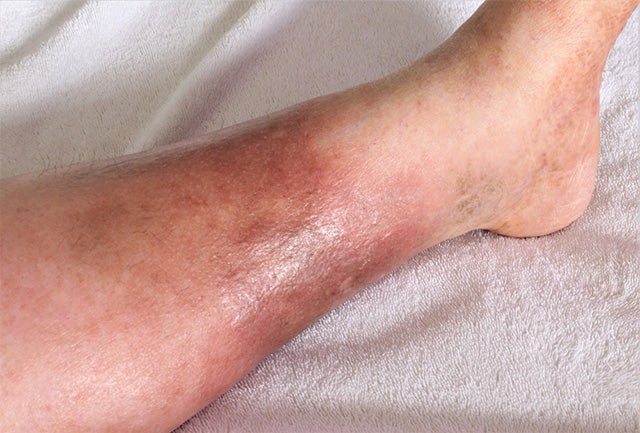So, you just got an itchy, red bite on your body, but you can’t tell which insect bit you.
At first, flea vs. bed bug bites look similar. It’s even harder to tell because they both flourish every season, especially when the temperatures are higher. Both fleas and bed bugs can also infest your house and feed on your blood, causing severe itchiness and allergic reactions.
The difference is in the appearance and location of the bite! Learn more about these parasitic insects and how you can get bitten by them. We’ll also take a look at their side effects, treatment, and how to get rid of fleas and bed bugs at home!
What are Flea Bites?
Flea bites are the bites you get from the blood-sucking pests that are caused by pets. Fleas are as tiny as a pen’s end and they don’t have wings. They rarely jump or fly from one location to another, so you can easily spot a flea bite on you if you lay beside your pet all the time.
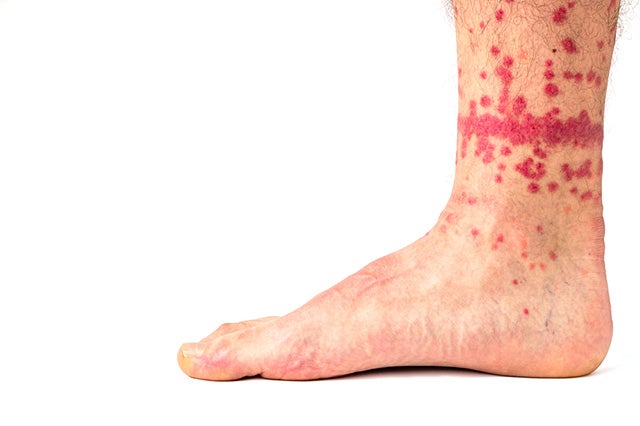
They are much smaller than mosquito bites. You’ll also notice a red dot, called the “halo” in the middle of the bite. Flea bites on human skin look the same as flea bites on your dog’s skin. You can also find flea bites in the armpits, waist, groin, knees, and elbows.
How Do You Get Flea Bites?
When differentiating between a flea bite and a bed bug bite, it’s essential to know that the presence of pets may mean that it’s a flea bite you’re dealing with.
House dogs and cats are the main reason we get flea bites. They’re more likely to suffer from the bites than us because they are “reservoirs” for fleas.
While fleas prefer your dog’s skin and coat, they can also be spotted all around your house and body. They can even reach your neighbor’s house! Fleas thrive in carpets, beds, and yards.
To check if you have fleas around your house, walk with white socks on the carpet. After a few steps, look at your socks and check for tiny black bugs.
What to Do If Your Get Flea Bites
The first thing you should do if you get flea bites is to get rid of the fleas themselves. These bites go away on their own even without medication. However, they will keep coming back if you don’t treat them.
If your pet carries tons of fleas, take them to the vet for medications and clean the whole house.
Here’s how to clean the whole house:
- Wash your bedding and your pet’s bed using hot water. You can also eliminate them completely and just get new ones if the infestation is unmanageable.
- Vacuum your mattresses, upholstery, and floors. Never miss a space or a crack in your house because these pests love hiding there. They store their eggs, cocoons, and larvae in tight areas of the house.
- A steam cleaner is also recommended for carpets and pet beds. Make sure to keep it on high heat with enough soap to kill the fleas.
- Use aerosol sprays in tight spaces after vacuuming the whole house. Your insecticide must have permethrin or other adulticides, as well as an insect growth regulator.
- Mow your lawn to remove the exposed surfaces.
Side Effects of Flea Bites
Aside from the red marks on your skin, flea bites are extremely itchy that may develop into blisters or small wounds after a few days. You may also experience an infection if you keep scratching the affected area. You are at a higher risk of infection if you are specifically allergic to fleas. Tungiasis may be a result of burrowing fleas on your feet and around your toes.
How to Treat Flea Bites
Again, flea bites usually go away on their own. But you can reduce the risk of infection by washing it with soap and lukewarm to cold water. Avoid showering with hot water so as not to worsen the itchiness. You may also use an anti-itch cream to soothe the inflammation and itchiness of the bite.
Remember to keep the whole house free from fleas to avoid getting more flea bites.
What are Bed Bug Bites?
Bed bug bites are small, purplish marks on your skin that look like mosquito bites. These bugs come from your mattress, couch, curtain folds, chair seams, and cushions. They are oval, flat, and brown in color. Like fleas, they do not have wings.
The bite of a bed bug is bigger than a flea bite. It also contains a dot in the middle called the punctum. They also appear in a straight line on your hands, legs, arms, or face.
Bed bug bites are not dangerous, but they can cause allergic reactions and infection to some.
How Do You Get Bed Bug Bites?
If you acquire bed bug bites, there’s a huge chance that these parasitic insects are all over your house. This may be due to increased international travel. It’s easy to bring bed bugs home as they cling to your clothes and bag. They are also more common in the living area because guests and family members stay there regularly.
You can also get bed bug bites if you don’t maintain your home. The cleanliness of your house and your overall living condition influence the presence of these parasites.
You are more likely to get bed bug bites if you spend a lot of time on your couch or mattress. You can also find them under loose wallpaper, peeling paint, carpets, and below light switch plates.
What to Do if You Get Bed Bug Bites
If you spot a bed bug bite on your body, remove your clothing immediately and wash the affected area with soap and water.
Bed bug bites go away after a few days or weeks without the need for topical treatment or oral medications. You just have to wait and make sure the affected area is regularly cleansed. You can also prevent the bites from worsening by covering up. These bugs do not like burrowing under your clothes.
Side Effects of Bed Bug Bites
Some side effects of bed bug bites include an allergic reaction. If you excessively scratch them, they may develop into blisters with fluid inside. This often leads to infection if not treated right away.
The symptoms are also not noticeable. You may see the inflamed area right away, but you won’t feel the itch after a few hours or days. Unlike fleas, bed bugs can go on for months without eating. So, the bites do not come frequently.
How to Treat Bed Bug Bites
Bed bug bites go away without treatment after a few days or weeks. To soothe itchiness and redness, try applying calamine lotion or other anti-itch creams directly to the bite. If you’re having an allergic reaction, take an oral antihistamine. This will relieve the burning and itching sensation. If the bite has made the whole body part swollen and in pain, it may help to take pain relievers.
Cellulitis is an infection that can be caused by bed bug bites. To avoid this, always wash the area with soap and water. Avoid scratching as well.
How to Get Rid of Bed Bugs
Here are some tips for cleaning your house and getting rid of bed bugs:
- Get rid of any clutter around your bed, especially dirty clothes.
- Remove your curtains, linens, stuffed toys, and other bed bug-infested objects. Clean them using hot water and dry them on the highest setting. If the infestation is severe, you may opt to throw them away and just get new ones.
- Scrape off the bugs and their eggs using a stiff brush.
- Vacuum the bed after brushing and throw the vacuum cleaner bag right away.
- If you feel like there are bed bugs left in your mattress, use a zippered cover to hinder them from escaping and biting you. Keep it on for a year until they die. Remember, they can survive a long amount of time without feeding.
- Spray perfume or light a scented candle at home to eliminate the musty odor caused by the many bed bugs.
Keep the Bugs Out
As you’ve learned, the appearance and location of the bite present the differences between a flea bite and a bed bug bite.
Fleas and bed bugs are nasty! Besides causing itchy, red bumps on your skin, they also tend to invade every corner of your home. But you can avoid flea and bed bug bites by completely getting rid of these household pests.
Have you tried our tips for controlling these pests in your home? Which one worked best for you? Let us know all about it!
Photo credit: Aleksey Boyko/Shutterstock; Ana-Maria Tegzes/Shutterstock;
ThamKC/Shutterstock; Vera Larina/Shutterstock;
Hananeko_Studio/Shutterstock; D. Kucharski K. Kucharska/Shutterstock;
galitsin/Shutterstock; Dmitrii Erekhinskii/Shutterstock;
Only_NewPhoto/Shutterstock; whitejellybeans/Shutterstock;
Blueee77/Shutterstock; OttoPles/Shutterstock
